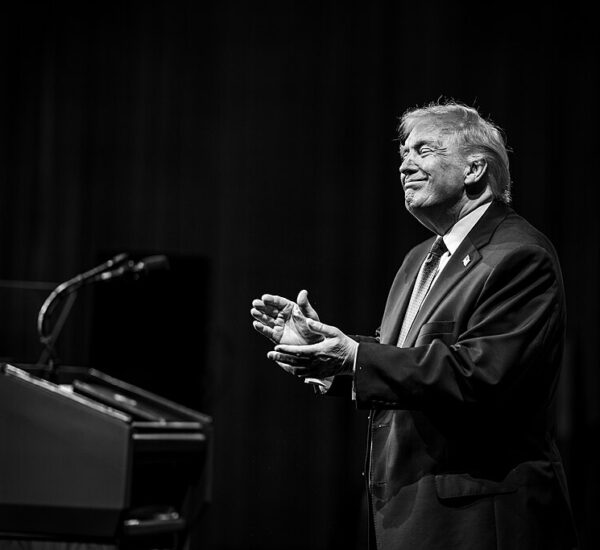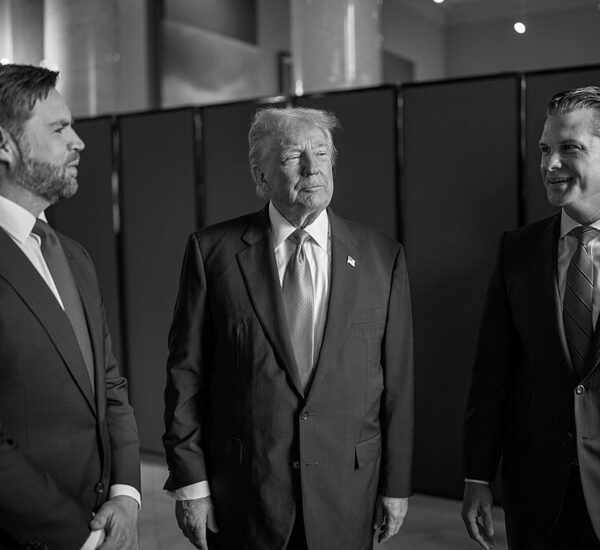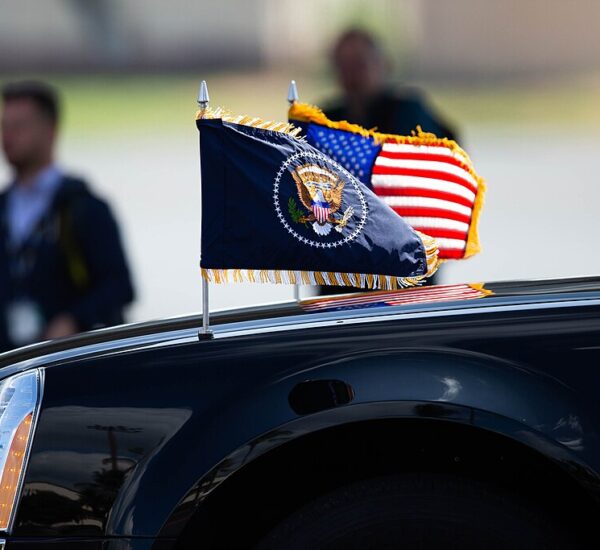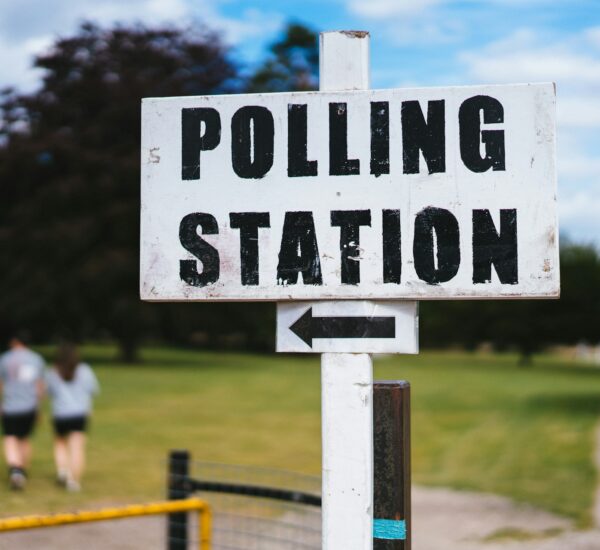Democrats To Strip Presidential Pardon Powers?
Rep. Gerry Connolly (D-Va.) recently weighed in on President Biden’s decision to pardon his son, Hunter Biden, a move that has sparked debate about the broader implications of the pardon power in the U.S. Constitution. Speaking on CNN, Connolly expressed both empathy for President Biden’s position as a father but also concern about the potential for abuse of such a broad executive power.
“As a father myself and someone who knows Joe Biden personally, I can understand why he might feel compelled to help his son,” Connolly explained. “But the question is, what other parent in America has the authority to pardon their own child if they’re convicted of a crime?”
Connolly went on to argue that the time has come to reconsider how the pardon power is exercised, particularly when it comes to family members. “We need to revisit the pardon power in the Constitution. At the very least, we should restrict it so that presidents cannot pardon their own relatives, regardless of their personal feelings or beliefs about innocence,” he stated.
Drawing a comparison, Connolly also referenced former President Trump’s pardon of his son-in-law’s father, Charles Kushner, calling it an example of the abuse of executive power. This move, which Trump made while in office, was controversial and, in Connolly’s view, only further highlighted the dangers of allowing the pardon power to go unchecked.
The pardon granted to Hunter Biden earlier this week was controversial for several reasons. In June, Hunter pleaded guilty to felony gun charges related to his purchase of a firearm while using illegal drugs. He also avoided a trial by pleading guilty to federal tax charges. The president’s decision to grant a “full and unconditional” pardon, despite these legal issues, has raised serious questions about the fairness and integrity of the legal system.
As a result, Connolly has called for a constitutional amendment to place clear limits on the pardon power, suggesting that such sweeping authority is too easily abused and undermines public trust in our justice system. While sympathy for family members is understandable, it should not come at the cost of fairness or accountability under the law.







“Should Trump Pardon Jan 6th Protestors After Hunter’s Pardon?”
President Trump should pardon the “Jan 6th protestors” PERIOD, because they are INNOCENT of any wrong doing. they were peacefully protesting a corrupt incoming gov’t leadership/corrupt election which got out of hand due to corrupt gov’t plants that instigated/fomented a riot. the basis of the pardon should not be just because of or in retaliation to bidet’s (pun intended) unlawful pardon of his son’s crimes. these are 2 separate issues. a pardon of the Jan 6th “protestors” is justified, whereas pardoning a known criminal (bidet’s son) is not.
That’s so right Trump can pardon the t Jan6 people cause it’s nothing to do with Hunter Biden being pardon. I new old Joe would pardon his son I thank everyone new he would he just said he wouldn’t at the time cause he thought he was going to run again but good old Harris got him on that haha. These two needs in jail there both guilty of Treason should do like back in our forefathers day and hang the treason dual.